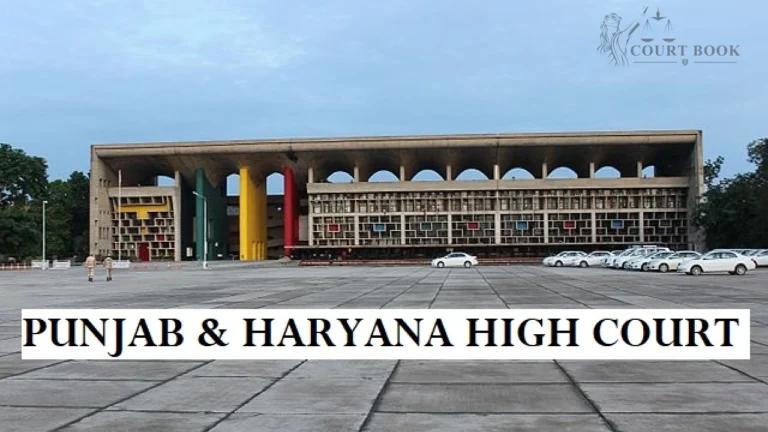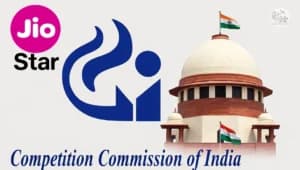A rather emotional hearing unfolded in the Punjab and Haryana High Court on 14 November 2025, where Justice Vinod S. Bhardwaj finally brought closure to an 11-year-old Ludhiana accident case. The courtroom atmosphere felt different today-less confrontational, more reflective-as the judge weighed not only legal principles but the long human journey behind the case. The matter involved Lakshay Jain, convicted for rash driving that caused the death of a woman in 2014, now seeking relief from the sentence confirmed earlier by both the trial court and the sessions court.
Background
The case traces back to a June 2014 accident near the PSPCL office at Shiv Mandir, Ludhiana. As per the prosecution narrative, a Swift car allegedly driven at high speed had hit a motorcycle carrying Ravi Kumar and his mother, Chander Kanta, who later died during treatment. The trial court convicted Lakshay under Sections 279, 337 and 304-A IPC, awarding jail terms running up to two years.
Read also:- Supreme Court Quashes Prosecution Against IAS Officer Over Delayed Arms Licence Case After Finding Sanction "Non-Speaking" and Legally
During the long trial, 9 prosecution witnesses testified, including the complainant, doctors from CMC Hospital, investigating officers, and transport officials. The defence produced a single witness who said the accused had actually helped rush the injured to the hospital-a detail that later played a meaningful role during sentencing arguments.
Court’s Observations
During the hearing, Jain’s counsel did something unusual. He stopped pressing on the conviction itself and instead focused exclusively on the punishment. He pointed out that Lakshay was barely 21 years old at the time, had no criminal past, had cooperated with authorities, and had carried the injured woman to the hospital rather than fleeing. Counsel also told the Court that the family of the deceased had since settled the matter and held no ill will against him.
The judge appeared particularly attentive when the defence highlighted the “eleven-year ordeal” of the accused and the fact that the case was not a typical hit-and-run. At one moment, the judge remarked, “The bench observed, ‘Punishment must reform, not merely inflict suffering detached from context.’”
Read also:- Supreme Court Orders Uniform Definition of Aravalli Hills, Calls for Scientific Mining Plan Across
The judgment leaned heavily on Supreme Court rulings discussing probation, including Jugal Kishore Prasad and Chellammal, both emphasising that young offenders who lack criminal tendencies should be assessed through a reformative lens. Justice Bhardwaj even cited criminological thinkers like Beccaria while musing about the purpose of sentencing, noting that harshness alone does not strengthen justice.
He further added, “The bench observed, ‘Where a case arises from human error rather than criminal intention, the law cannot close its eyes to the possibility of reform.’” Lakshay Jain
Decision
In the end, the High Court decided to partly allow the revision petition. Lakshay Jain will not have to undergo further imprisonment. Instead, the Court ordered his release on two-year probation, requiring him to maintain peace and good behaviour under the supervision of a probation officer. If he violates the terms, he must serve the remaining sentence.
Read also:- Supreme Court Clarifies Priority Between EPF Dues and Secured Creditors in Jalgaon Sugar Factory
In an interesting addition, the Court directed him to plant 50 indigenous trees through the Divisional Forest Officer, Ludhiana, and ensure their maintenance for five years-either by paying the cost or by offering manual labour equivalent to the prescribed amount. Lakshay Jain
The matter ended there. No dramatic closing scenes, no heated exchanges-just a quiet but firm reminder from the bench that justice can also be compassionate without losing its authority.
Case Title: Lakshay Jain vs. State of Punjab and Another
Case Number: CRR-2697-2025 (O&M)
Case Type: Criminal Revision Petition
Reserved On: 30 October 2025
Decision / Pronounced On: 14 November 2025















